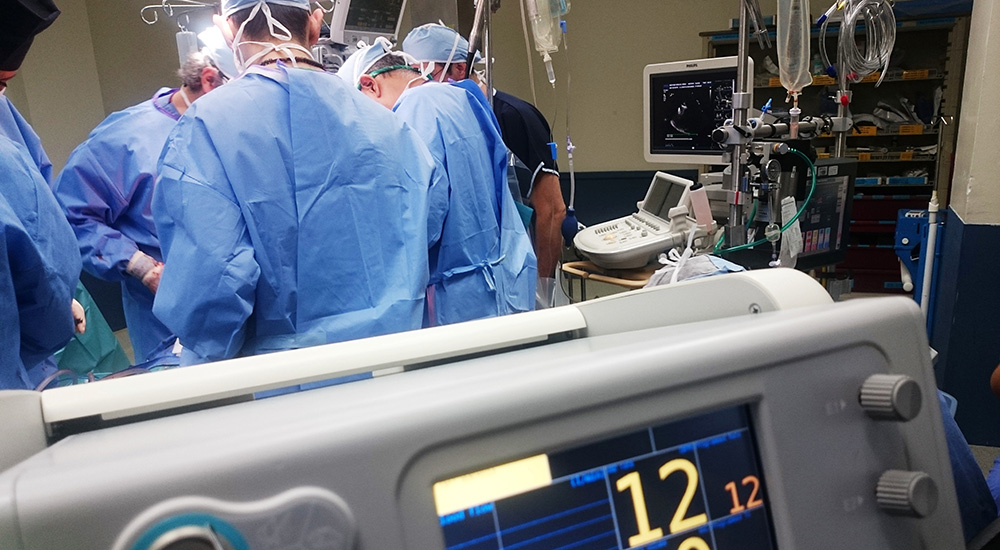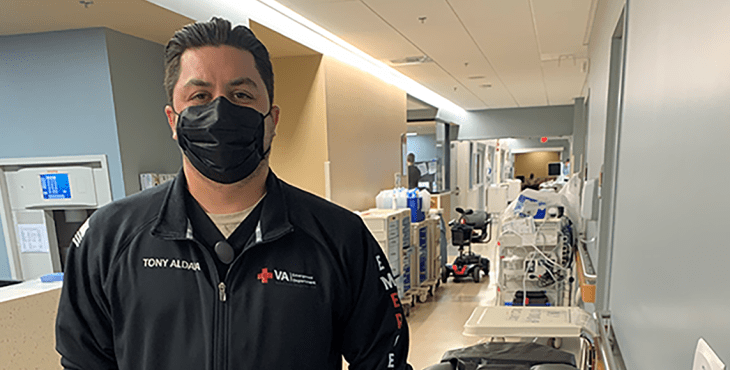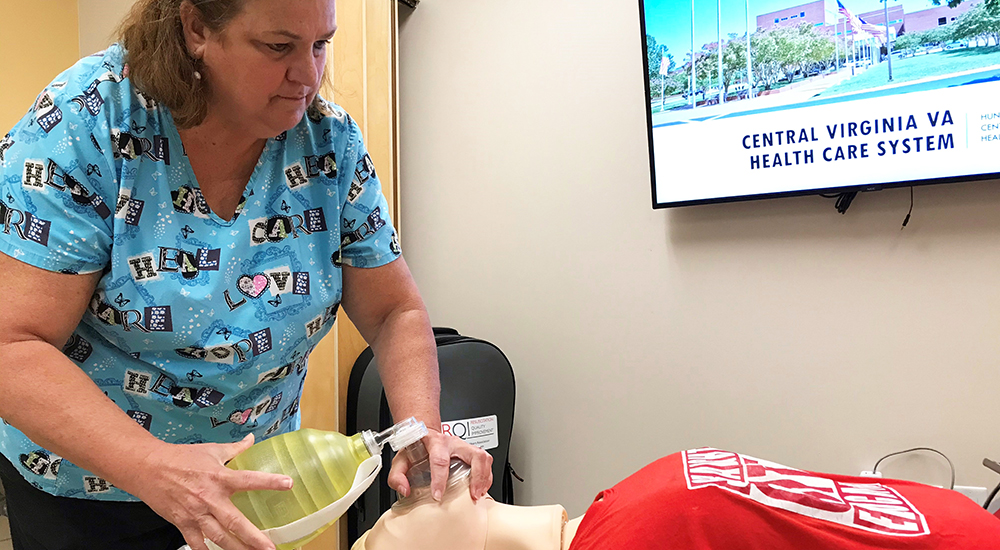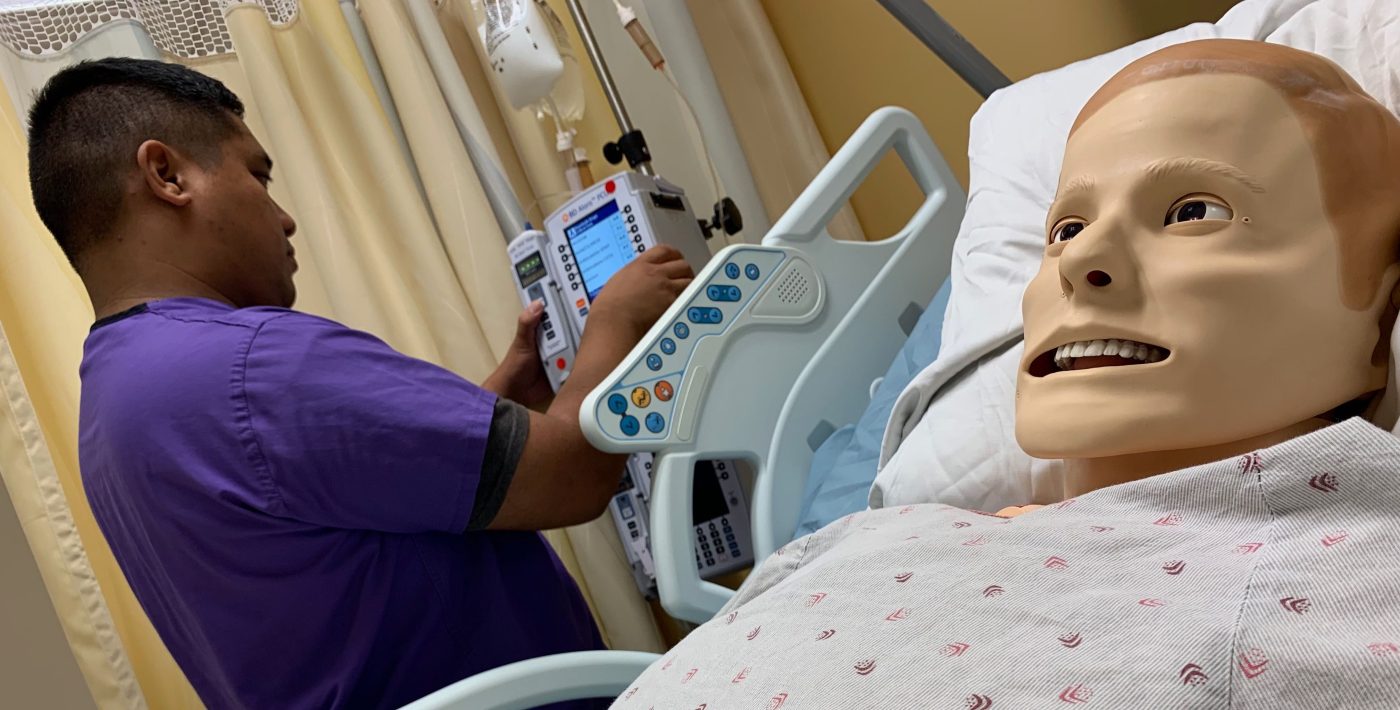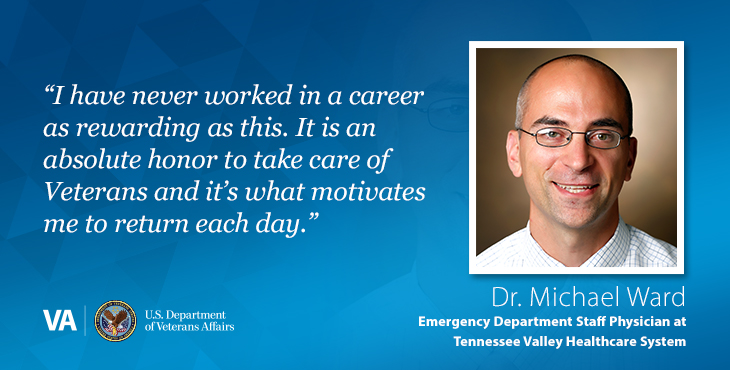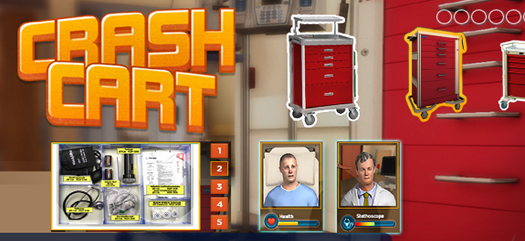VA's SimLEARN improves the quality of health care services for America’s Veterans through the application of simulation-based learning.
VA police officer: "I felt like a duck on the water. Calm on the surface but paddling like crazy underneath trying to get everything right."
Veterans have the right to plan for their VA health care. Having discussions with your care team about your care preferences is important in case you lose the ability to communicate your preferences during a future care event.
Our intermediate care technicians (ICTs) were all once heroes on the battlefield. They helped care for fellow service members while serving as military corpsmen, combat medics and medical technicians. Through VA’s ICT program, they’ve become heroes in our hospitals and medical centers as well, using their military training to provide the highest quality of care to America’s Veterans.
Central Virginia Health Care System has implemented the Resuscitation Quality Improvement (RQI) Program training with stations where clinicians can train without having to leave their clinical areas.
As a crowd of people gathered around Jonathan Nguyen, he spoke to a mannequin lying in a hospital bed. This one talked back. As its eyes blinked and chest cavity moved from breathing in and out, it told Nguyen about its pain. This interaction displayed the latest simulation center for improving Veteran care, unveiled Sept. 17 at the Hunter Holmes McGuire VA Medical Center in Richmond, Virginia. The opening coincided with Healthcare Simulation Week Sept. 16-20. Simulation is a rapidly growing program within VA, said Dr. Scott Wiltz, associate medical director for training at the SimLEARN National Simulation Center in Orlando, Florida
As an emergency medicine staff physician at Tennessee Valley Healthcare System’s Nashville campus, Dr. Michael Ward offers acute care to Veterans.
A crash cart is a set of drawers on wheels […]
This week, a particularly inspiring post caught our attention on […]

